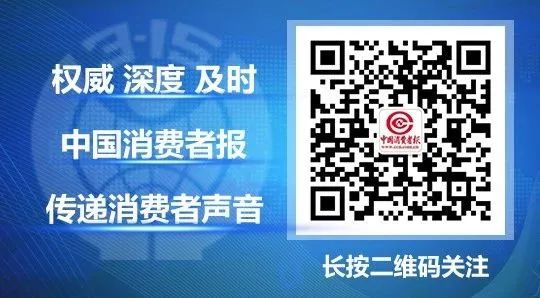
Recently,
Tesla’s
OTA (Over-The-Air) upgrade
has sparked widespread debate in the consumer market.
Many car owners have reported that
the previously free radio application
has turned into a paid service after this software update.
……
 Free to Paid
Free to Paid
The software upgrade’s “minor fixes” imply a fee adjustment
According to reports, Tesla vehicles do not have a hardware radio. To allow users to listen to the radio, a streaming application that plays radio through mobile data networks is provided in the car. However, after this software upgrade, the usage rules for this application have changed.
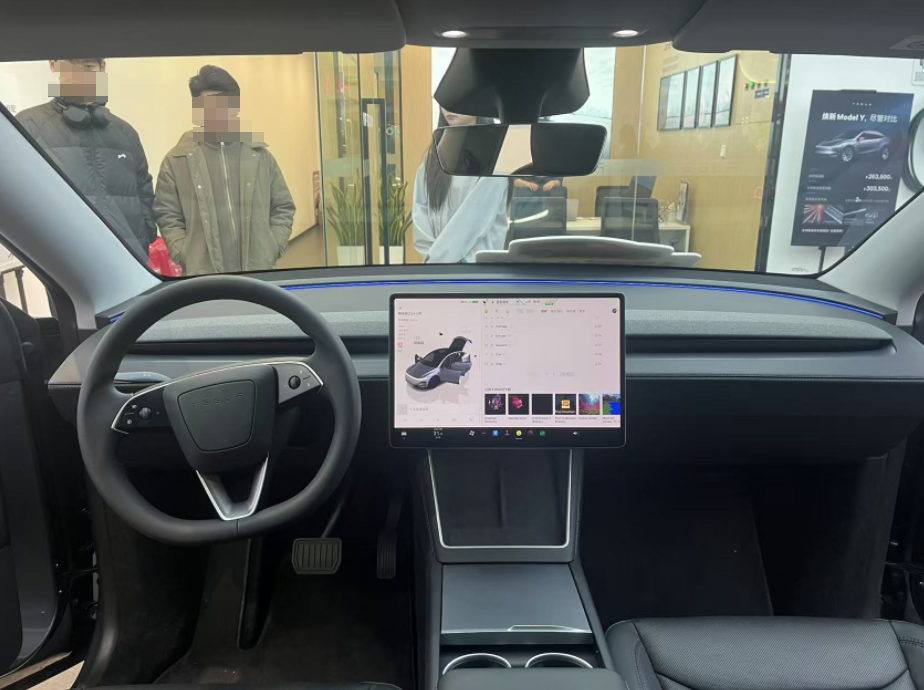
Li Lu, a Tesla Model 3 owner who purchased the vehicle in 2024, stated that this application was clearly declared as a free service by Tesla from the time of purchase until January of this year. However, after the software update 2024.45.32.1 pushed by Tesla in January, this free radio application was replaced by the paid “Cloud Listening” application. If users want to listen to the radio directly through the Cloud Listening app, they need to pay a monthly subscription fee of 9.9 yuan for the “Premium In-Car Entertainment Service”.
Tesla Model Y owner Liu Yao told reporters that through the Tesla app on her phone, she noticed that unlike previous software updates where Tesla provided specific information, this update only displayed “minor fixes” in the system, with the explanation stating, “This version includes minor fixes and improvements.” “Such minor fixes are common in mobile and in-car systems. I didn’t pay much attention and chose to update, not expecting this ‘minor modification’ to change the charging standards for radio programs.” Liu Yao said.
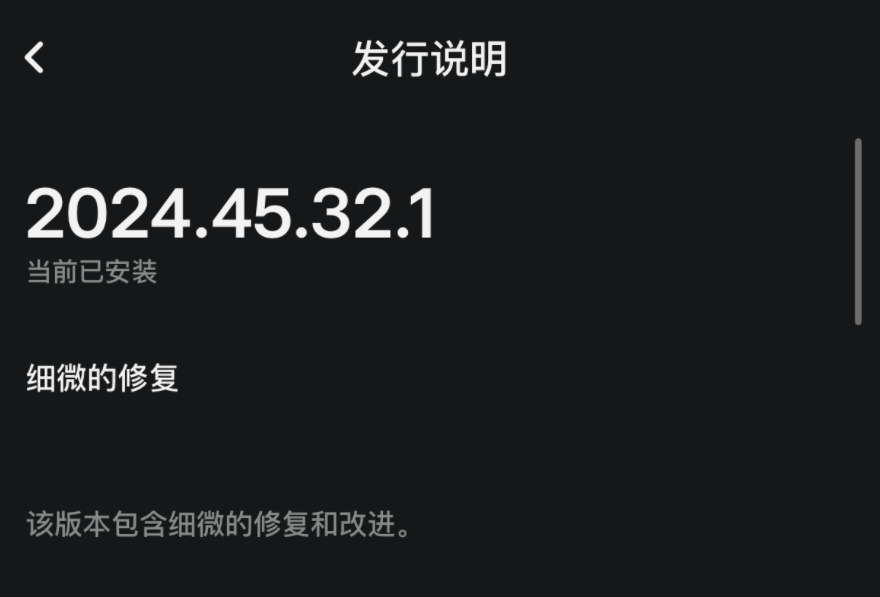
Liu Yao expressed, “The free features included at the time of purchase have suddenly changed to paid services. To avoid affecting normal use, I had to pay for the ‘Premium In-Car Entertainment Package’, and the Tesla app also prompted for the ‘Premium In-Car Entertainment Package (iQIYI Golden VIP Member Version)’, with a fee of 34.99 yuan per month. Does this mean that the cost of using the car will further increase in the future?”
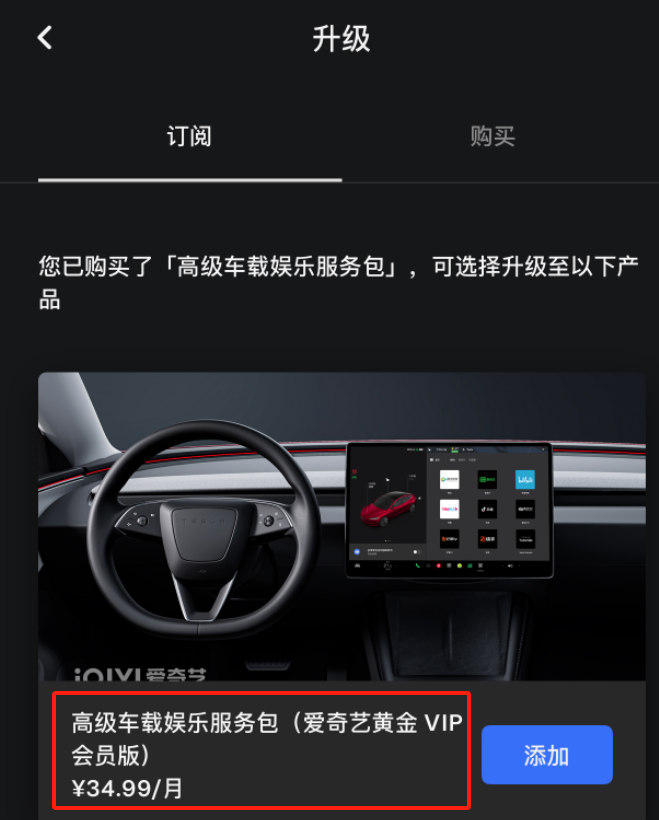
Chen Zhenhui, a senior partner at Beijing Jingshi Law Firm, told reporters, “Tesla’s upgrade has canceled the original free radio service, which may harm consumer interests. Tesla should consider more carefully how to provide its value-added services and could offer alternative solutions, such as other free or low-cost radio services, to ensure compliance with consumer rights protection principles.”
Yuan Shuai, deputy secretary-general of the Zhongguancun Internet of Things Industry Alliance, stated in an interview that radio, as an important component of automotive entertainment systems, remains a significant channel for information acquisition and entertainment for many consumers. Tesla needs to fully consider consumer needs and feelings when implementing such strategies.

In-Car Wireless Radio is Hard to Replace
Three Departments Issue Notice for Regulation
“Tesla’s products do not have hardware radio devices, so there is not much controversy in the market regarding Tesla’s software updates.” On February 23, reporters visited the Tesla Experience Center in Beijing’s Blue Harbor for interviews, and staff there stated this.
Reporters noted that in 2023, the National Radio and Television Administration, the Ministry of Industry and Information Technology, and the State Administration for Market Regulation jointly issued a notice titled “Further Strengthening the Management of In-Car Audio and Video” which proposed to regulate the management of in-car wireless radio receiving terminals and actively guide the configuration of wireless radio receiving modules in all domestically produced and imported vehicles in the market.
It is understood that the background of this policy is directly related to the unique advantages of wireless broadcasting. For a smart connected car that is not equipped with a wireless radio receiver, losing network signal renders all its smart network functions meaningless. In extreme weather or special road conditions, the only signal that is almost unaffected is the wireless radio signal. When vehicles travel in high-altitude or remote areas, they may face unstable signals and communication interruptions, making in-car wireless radio an important channel for occupants to obtain the latest information, understand road conditions, and weather, especially in the face of natural disasters, this function becomes even more precious.
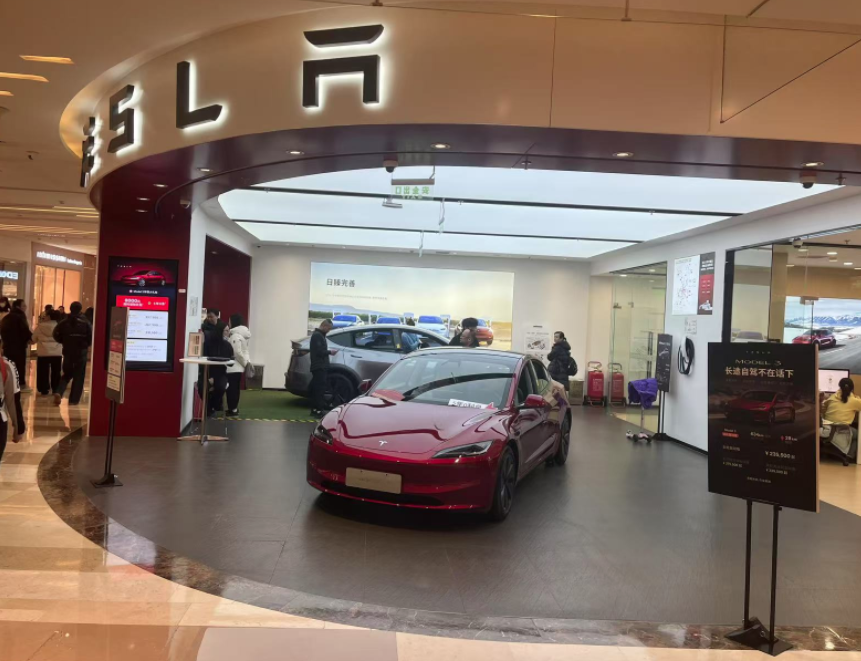
The notice requires encouraging the construction of digital AM and FM digital audio broadcasting systems at local wireless radio transmission stations, to build a technologically advanced, fast transmission, wide coverage, and reliable wireless digital broadcasting network, enhancing the quantity and signal quality of public service program transmissions.
Liang Zhenpeng, a senior industry economic observer, stated in an interview that wireless broadcasting can transmit audio signals via wireless networks, unaffected by geographical location and road construction, allowing wireless broadcasting to cover a broader geographic area. Even in the era of the Internet of Vehicles, in-car wireless broadcasting still has an irreplaceable role.

Charging for Services
Market Changes May Be the Main Reason
From the outside, the service charges brought about by this Tesla software upgrade are directly related to the intensifying competition in the automotive market. Tesla’s latest data shows that in 2024, Tesla produced a total of 1.7734 million vehicles and delivered 1.7892 million, a decrease of 1.1% compared to the 1.81 million deliveries in 2023. This is the first annual sales decline for Tesla since 2015. Among them, in the domestic automotive market, Tesla sold 657,000 vehicles in 2024, a slight increase year-on-year, but its advantage in the new energy vehicle market is gradually shrinking. Since 2024, Tesla has repeatedly lowered prices to stabilize market sales.
Lin Xianping, executive deputy secretary-general of the China Urban Expert Committee, stated in an interview that with the rapid development of the automotive market and increasing competition, major manufacturers are seeking new growth points. Tesla’s decision to charge for its services may be a strategy to cope with market competition and enhance profitability. Especially in light of the shrinking profit margins compared to the past, Tesla needs to find new profit points to maintain its market position and sustainable development. “Regardless, Tesla needs to balance its market position with consumer interests and experiences,” Lin Xianping stated.
Produced by the New Media Editorial Department of China Consumer News
Source/China Consumer News · China Consumption Network
Reporter/Wu Bofeng
Editor/Li Xiaoyu
Supervised by/He Yongpeng Ren Zhenyu
Internet News Information Service License: 10120170022Report illegal and harmful information: 010 – 88315438

